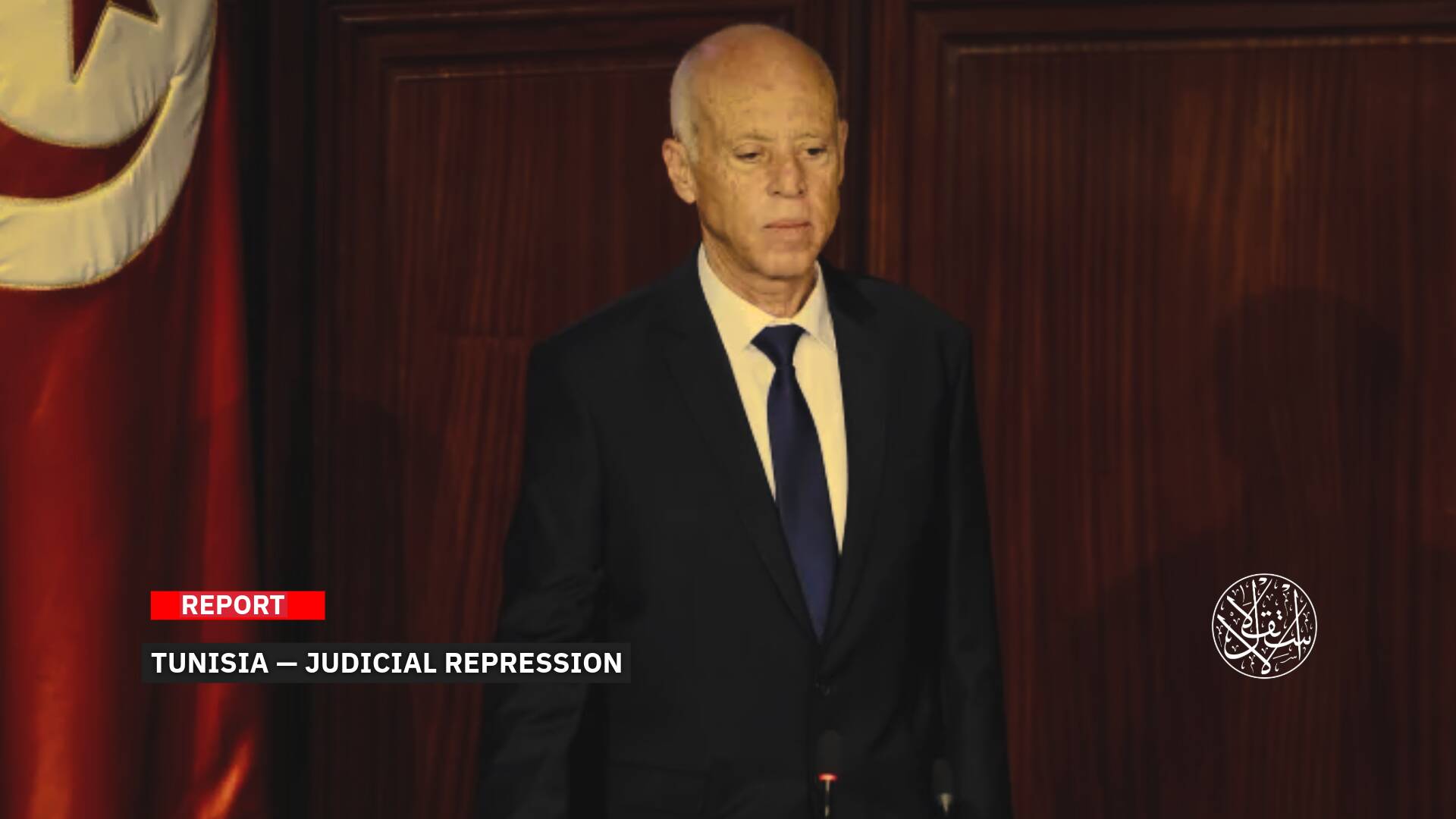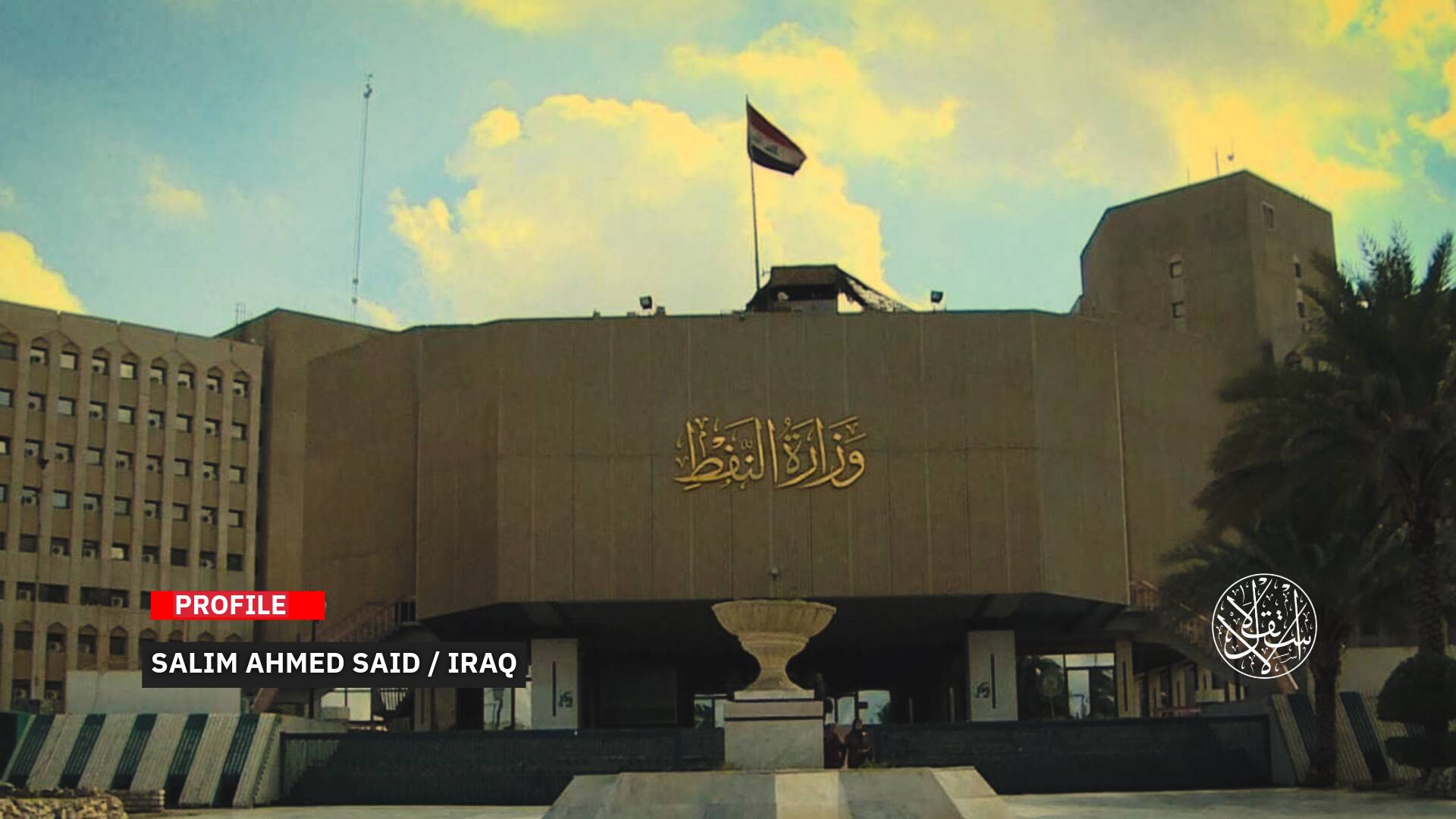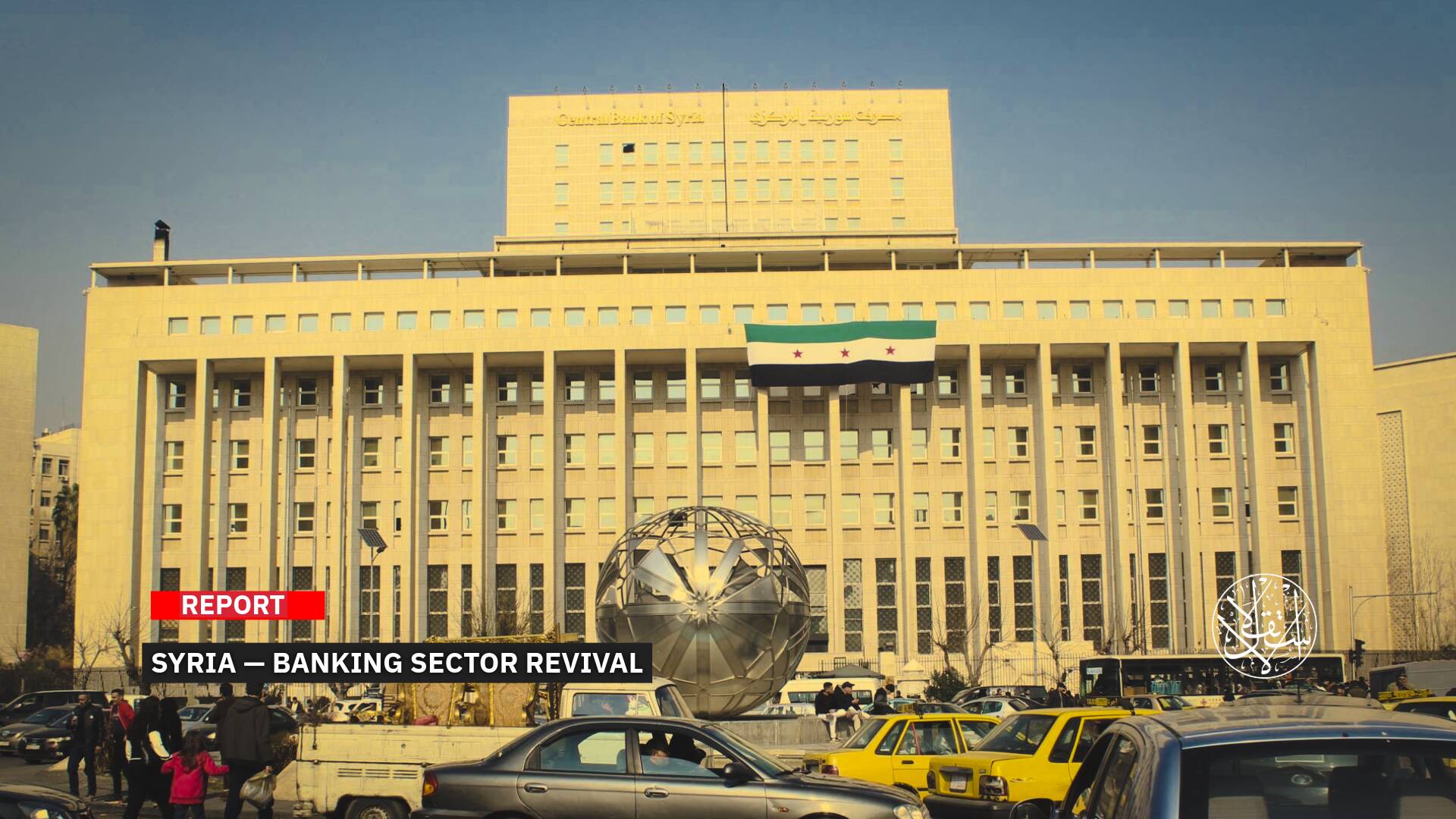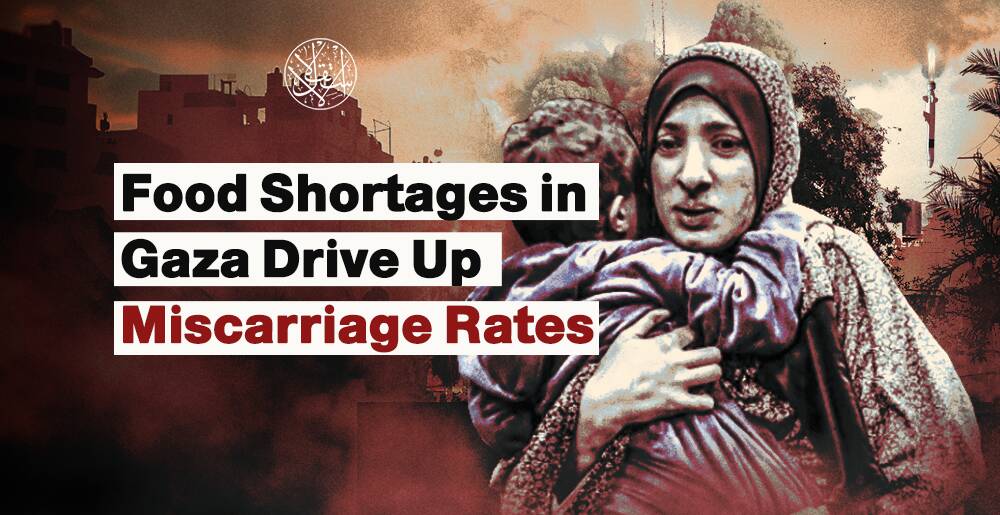Drugs Among Tunisian Teens; A Real Threat for the Revolution Generation

The spread of drugs among teens in Tunisia has become a real menace for the future of the country. Again, the political crisis is the cause of the dangerous situation of the new generations.
About 40 percent of teenagers are addicted to drugs. Actually, the organizations working in the field are really concerned about the drug phenomenon especially after the deterioration of the political scene in the recent period.
In doing so, Tunisian authorities are calling for the development of a national plan to combat drug addiction especially among school children.
Addicted Children
The phenomenon of drug addiction among young Tunisians, has been on the rise in recent months. According to the latest statistics carried out by the Ministry of Education and the Ministry of Health, the chaos that gripped the country after the revolution allowed the drug traffic to flourish, notably among very young users.
Actually, a recent study prepared by the Tunisian Association of Addiction Medicine, revealed results which indicated that half of the students in Tunisia have tried smoking and drugs, in addition to more than 400,000 drug and alcohol addicts, and 33,000 who use drugs through injection in total.
According to the Ministry of Education, recently, a study showed that the rate of drug abuse in the school environment is 9.2 percent, confirming that 1.7 percent of the total drug users have reached the stage of addiction. Moreover, 12500 students in 188 educational institutions were taken as a sample to show that 77 percent of students who use drugs in the school environment belong to the 16-18 age group, and that 78 percent of drug users are males. In fact, their social situation was not the main cause leading to drug consumption. Which helped in the increasing drug consumption among teens in and out of schools is mainly the political dilemma that Tunisia is suffering from. Teenagers become very sensitive between the age of 15 and 25 and the chances to be addicted to alcohol are very high, especially in the absence of a strong political and social environment.
Politically Sick
Tunisia still grapples with its biggest political crisis in a decade. This had certainly affected socio-economic life and increased the drug consumption among teenagers. Indeed, the new generation's addiction to drugs will lead automatically to damaged society, attacking both public health and familial, social and economic wellbeing. Young people are an invaluable and potential resource, and the essential pillar for positive social change.

As such, adolescents and youth must be the object of everyone’s attention. Institutions, communities, families and governments must consider them as a priority so as to safeguard the opportunities for a constructive transition toward adulthood and a protection against dangers and vulnerability.
In doing so, the new government’s first step is to protect the new generations With the help of the social organizations, the authorities must put national plans to fight drug addiction and consumption in and out of schools for a prosperous future.
How to Tackle?
There are a number of procedures that Tunisians, including young Tunisians themselves, could take to fight the spread of the drug consumption problem.
First of all, the period of adolescence is characterized by sensitivity and deep physical and psychological changes and sometimes by rebellion and at times violent opposition to parental and educational authority.
Adolescence is an important period to build the personality of the future adult and a necessary step for reaching maturity. It requires the presence of adults who help, listen and guide, but also set limits and show their affection and love. Adolescents may turn to drugs out of curiosity, and a rebellious attitude to reject traditional values or to escape family problems. Professionals such as sociologists or associations that work with children are invited to train and inform adults who work in high schools, or have, somehow, direct relations with teenagers.
Also, the awareness of social campaigns could be highly effective in preventing the risk of drug use. In fact, establishments “should be encouraged to offer activities in which students can participate, such as problem-solving activities that encourage their skills of self-expression, self-assertion and finding solutions.”
Dialogue and communication make teenagers feel secure and important. Medical experts, sociologists, local representatives and young adults are all included in the awareness process that aims to inform young people about the inherent dangers of drug use and the impact on the lives of drug addicts.
Last but least, providing cultural and leisure centers will foster confidence in young people and draw upon approaches that are less official, and more spontaneous.















